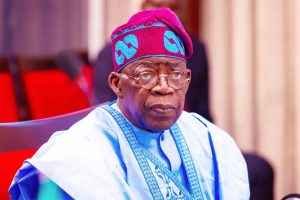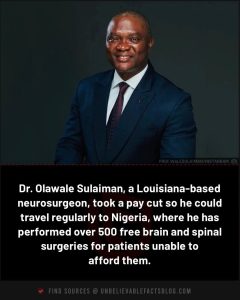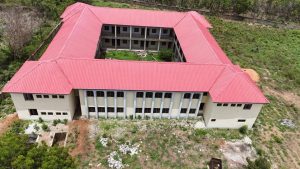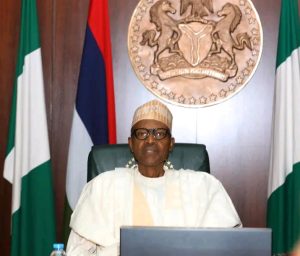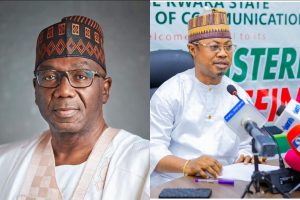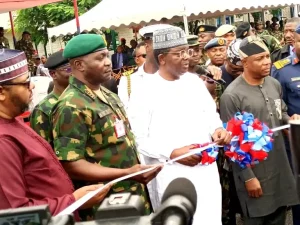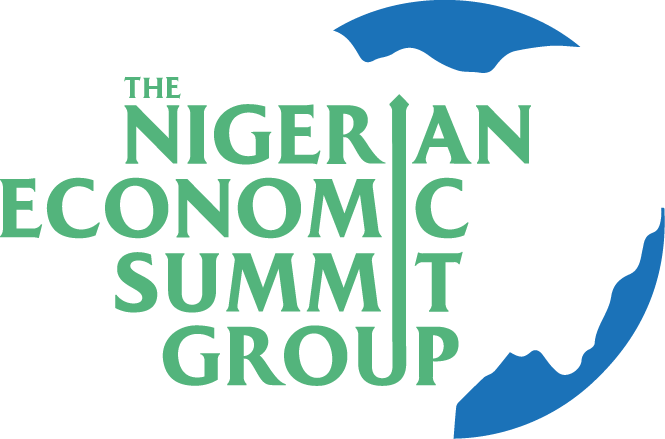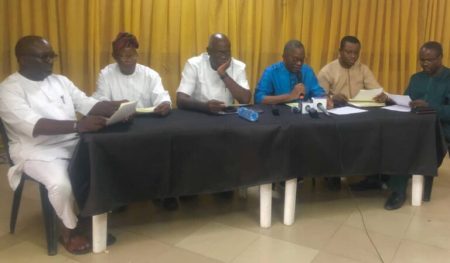The Nigerian Economic Summit Group (NESG) has issued a clarion call for policymakers to rethink and redesign the country’s economic systems to address the underlying structural issues that have led to rising poverty and insecurity. This call comes as Nigeria faces unprecedented economic challenges and social discontent, which require collaborative action to mitigate.
Speaking at the 30th Nigerian Economic Summit (NES#30) press conference in Abuja, NESG Chairman Niyi Yusuf highlighted the need for innovative governance and transformational political leadership to unlock Nigeria’s vast potential. He emphasized that the current economic challenges, including declining living standards, worsening multidimensional poverty, and low Human Capital Development Index (HCDI) ranking, demand bold and decisive steps.
Yusuf noted that despite recent GDP growth, Nigeria’s weak economic performance is reflected in declining per capita income, which fell from US$2,162.60 in 2022 to US$1,645.76 in 2023. He also cited the rising cost of a healthy diet, which has worsened the multidimensional poverty rate, currently standing at 62.9%. Additionally, Nigeria ranks low on the Human Capital Development Index (HCDI), with a score of 0.55, placing it 161st out of 191 countries.
The NESG chairman emphasized the need for a business-unusual approach, stakeholder collaboration, and sub-national economic diversification to improve lives, reduce poverty, and increase foreign direct investment. He stressed that Nigeria has the potential to become a leading industrializing nation in Africa within the next five years, but this requires reforming political, policy, and regulatory systems.
This year’s summit, themed “Collaborative Action for Growth, Competitiveness, and Stability,” will focus on critical sub-themes, including building a secure society, fostering inclusive development, promoting stakeholder collaboration, unleashing business dynamism, and igniting innovation and digital evolution. These core areas will be examined under the broader framework of three critical pillars: People, Leadership, and Institutions.
The Minister of Budget and National Planning, Sen. Atiku Bagudu, assured that the ministry has been working collaboratively with NESG to develop survival strategies for the economy, exceeding the summit plan by engaging citizens and the private sector. He noted that several workshops have been organized to design and crack roadmaps to the economic revival of the nation, including policy/action parked workshops and human development segment workshops.
The 30th Nigerian Economic Summit offers a platform for exploring opportunities and shaping Nigeria’s future toward shared and sustainable prosperity. With collaborative action, Nigeria can unlock its vast potential and achieve economic stability, inclusive growth, and sustained competitiveness on the global stage.”


